Paul_the_6th
TPF Noob!
- Joined
- May 15, 2006
- Messages
- 33
- Reaction score
- 0
- Location
- West Yorkshire
- Website
- www.paulwilson.me.uk
Just mentioned to one of the technicians from a company I work with that I was getting my 350d on friday. He asked what lenses I was going to buy and we eventually got on to EF and EFS lenses. He briefly explained about the 0.6 magnification rule and left me feeling than a dog that had been shown a card trick.
As far as I understood it, the EF lenses are the older/film lenses, and the EFS lenses are designed to run with digital SLR's because the sensor is 0.6 of the size of a 35mm frame?
Is this correct and what lenses should I look for. I wouldn't mind a decent mid ranger which gives good portrait/snapshotting but has a decent zoom. This way I don't have to carry a great deal of lenses when I'm on the move.
Failing that I wouldn't mind a decent macro lense and a decent zoom lens... what ya reckon?
He also said alot of people are selling off their old gear on ebay without realising the lens is still worth a bomb and that I should look into it.
As far as I understood it, the EF lenses are the older/film lenses, and the EFS lenses are designed to run with digital SLR's because the sensor is 0.6 of the size of a 35mm frame?
Is this correct and what lenses should I look for. I wouldn't mind a decent mid ranger which gives good portrait/snapshotting but has a decent zoom. This way I don't have to carry a great deal of lenses when I'm on the move.
Failing that I wouldn't mind a decent macro lense and a decent zoom lens... what ya reckon?
He also said alot of people are selling off their old gear on ebay without realising the lens is still worth a bomb and that I should look into it.



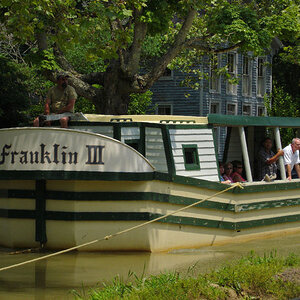
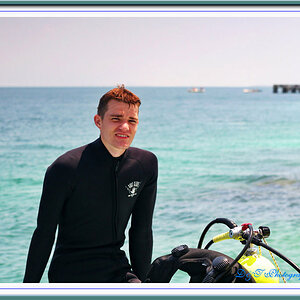

![[No title]](/data/xfmg/thumbnail/37/37536-3578b4f283f738d862be62d896fa52d5.jpg?1619738132)
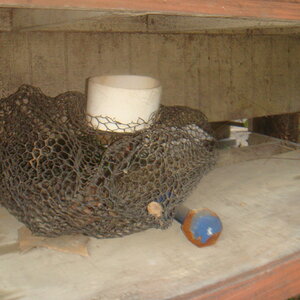
![[No title]](/data/xfmg/thumbnail/37/37602-1ef8dbb1c2d0e4ff347ee65d328c3603.jpg?1619738147)
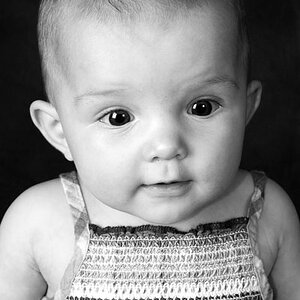
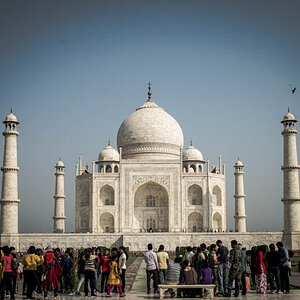
![[No title]](/data/xfmg/thumbnail/37/37606-3c9ffb5906173fa2aa489341967e1468.jpg?1619738148)
![[No title]](/data/xfmg/thumbnail/37/37537-25afab1a7980214af6067df3c997c353.jpg?1619738132)
![[No title]](/data/xfmg/thumbnail/37/37533-7e5a25ced65c369c377ecf341b05e1d0.jpg?1619738132)
